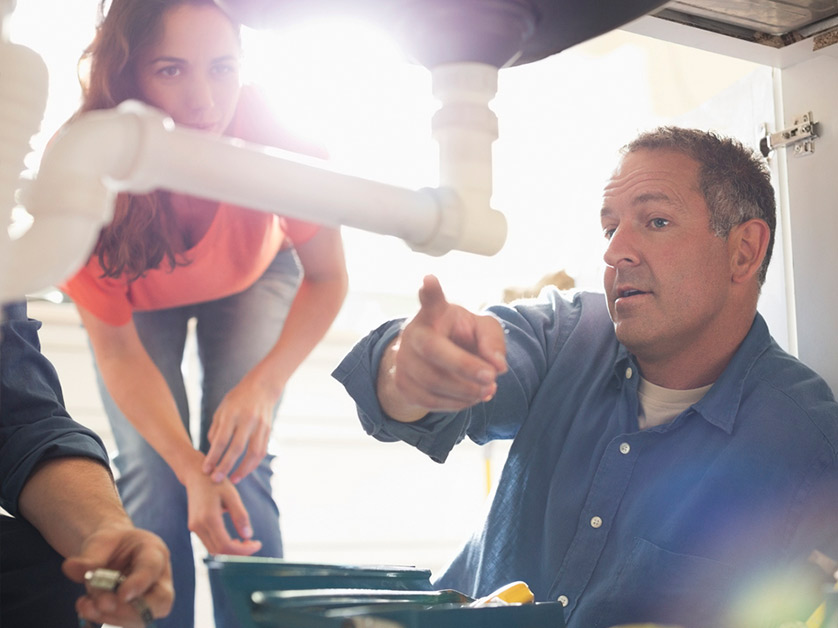
20 Sep. 24
How Long Do Common Plumbing Pipe Materials Last?
When thinking about the maintenance and longevity of your home’s plumbing system, one critical aspect to consider is the lifespan of the various types of plumbing pipes. As an experienced plumbing contractor, Plumbing Doctor explores how long different plumbing pipe materials last to help you prepare for future upgrades and maintenance, potentially saving you from unexpected expenses and headaches.
The Lifespan of Key Plumbing Materials
Several materials are commonly used in residential plumbing systems, each with its own expected lifespan. These include:
- Copper pipes are a reliable choice for plumbing due to their resistance to corrosion and their ability to withstand high temperatures. Typically, copper pipes can have a lifespan of up to 50 years. Their durability makes them a prevalent choice for water supply lines both in residential and commercial settings.
- Brass pipes have been used in plumbing for decades and are known for their excellent resistance to rust and corrosion. With a general life expectancy ranging from 40 to 70 years, brass pipes are less common in new installations but are still found in many older homes.
- Galvanized steel pipes, once a staple in home construction, have fallen out of favor due to their susceptibility to rust and corrosion. Their lifecycle ranges from 20 to 50 years, but many homeowners and plumbers choose to replace them earlier to avoid water quality issues.
- Polyvinyl chloride (PVC) pipes are celebrated for their indefinite lifespan under the right conditions. Resistant to corrosion, chemical damage, and UV radiation, PVC pipes are often used for drain lines, vent stacks, and water supply lines in both residential and commercial plumbing systems.
- Cast iron pipes, with proper maintenance, can last up to 100 years. Known for their strength and resistance to high pressure, they are ideal for sewage and wastewater systems. However, they can be susceptible to rust and corrosion over time, requiring careful monitoring and maintenance.
Factors Impacting the Lifespan of Plumbing Pipes
The material is just one factor that determines the longevity of your plumbing pipes. Water quality, such as hardness or corrosivity, can affect the interior condition of pipes. Additionally, the water pressure and the quality of the installation play crucial roles. High pressure can cause stress on pipes, leading to leaks or bursts, while poor installation can lead to weak points that fail prematurely.
How Regular Maintenance Can Prolong the Life of Your Plumbing
Keeping your plumbing system in peak condition requires regular maintenance. This includes inspecting pipes for signs of wear or damage, addressing any issues immediately, and implementing preventive measures like water softeners to combat hard water effects. Annual checks by professional plumbers can help identify potential problems early, saving you from larger, more costly repairs in the future.
Schedule Your Plumbing Maintenance Today
By taking proactive care of your plumbing system, you can ensure its longevity and functionality. Let Plumbing Doctor help you maintain a healthy, efficient plumbing system with our top-notch plumbing maintenance services. Give us a call today at (908) 873-6686 or fill out our online form to book a consultation.


